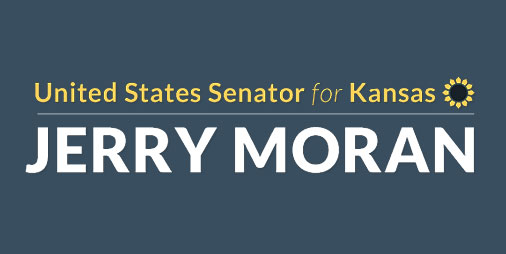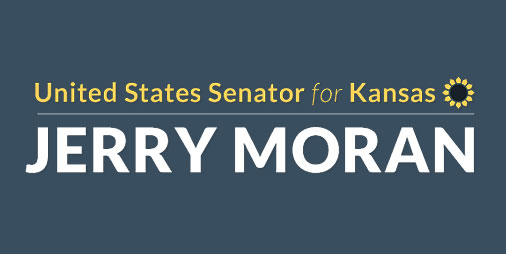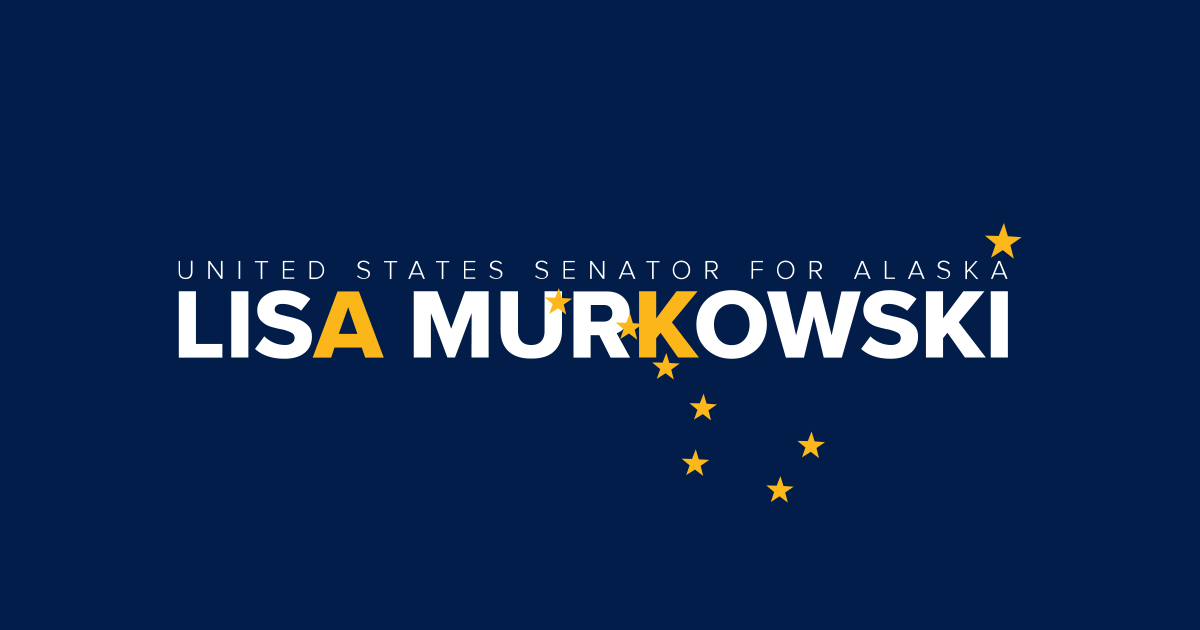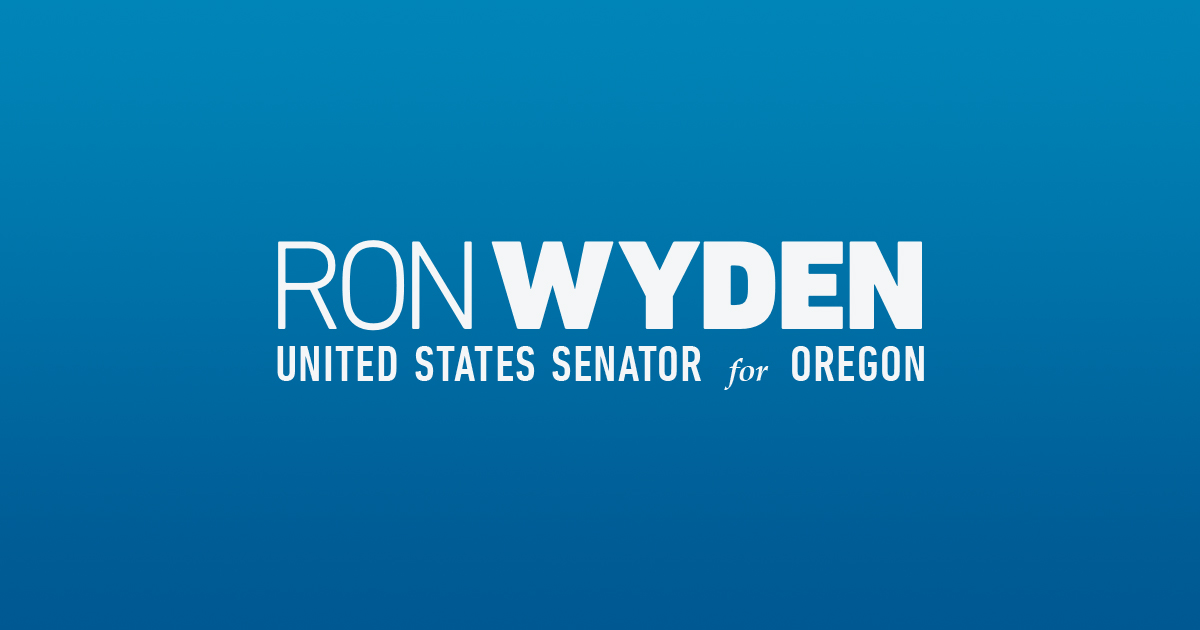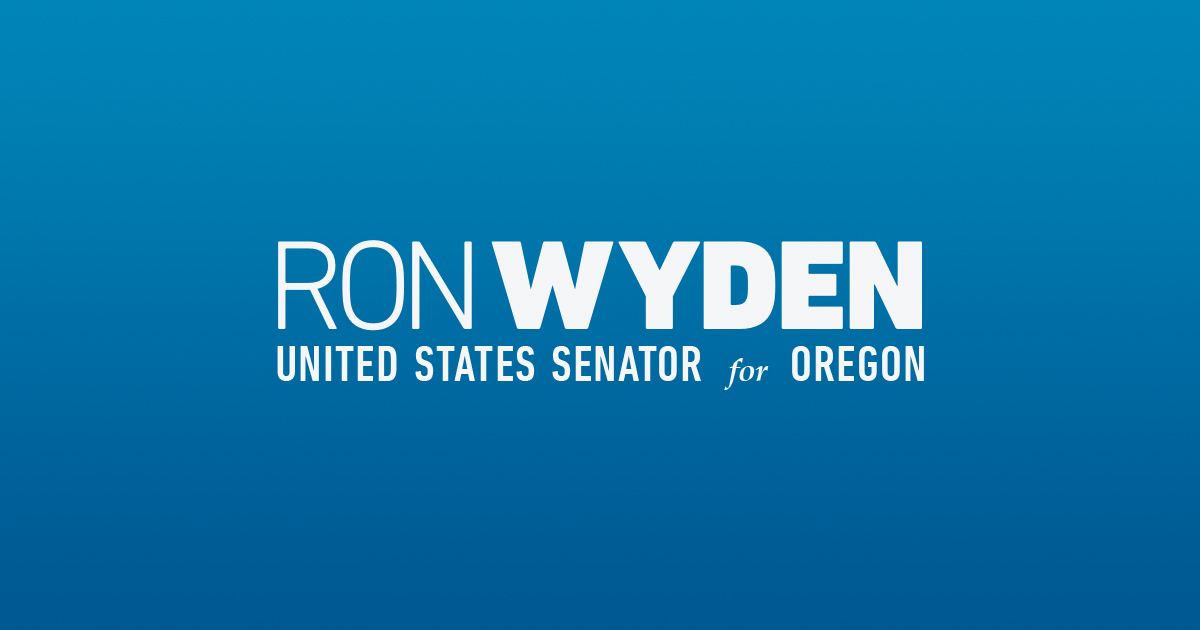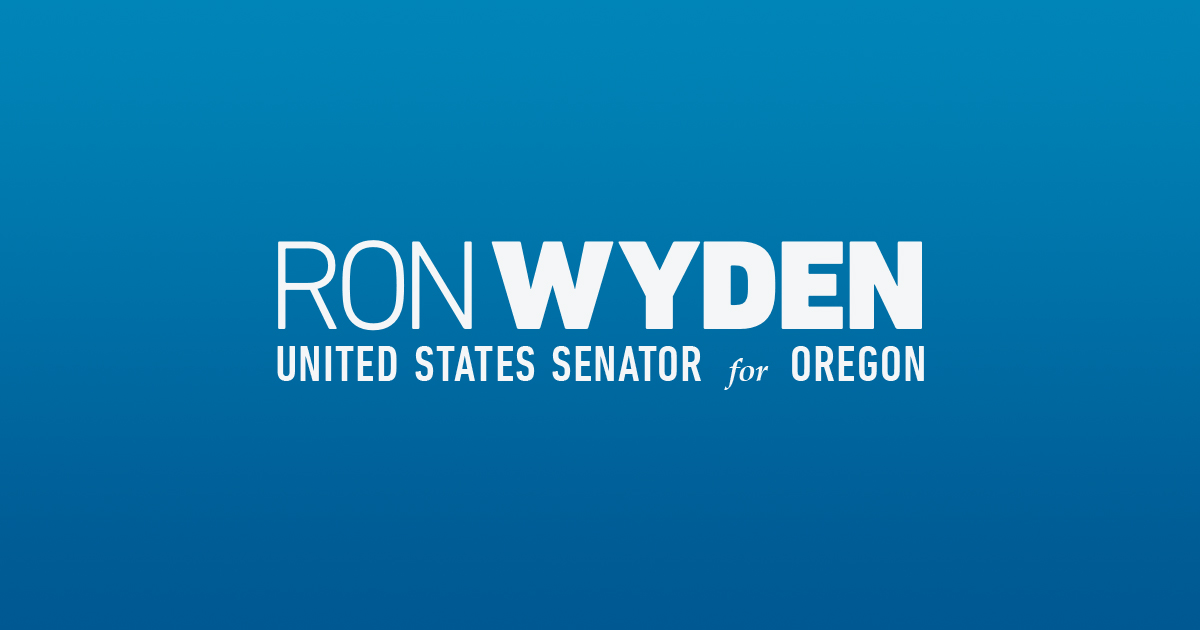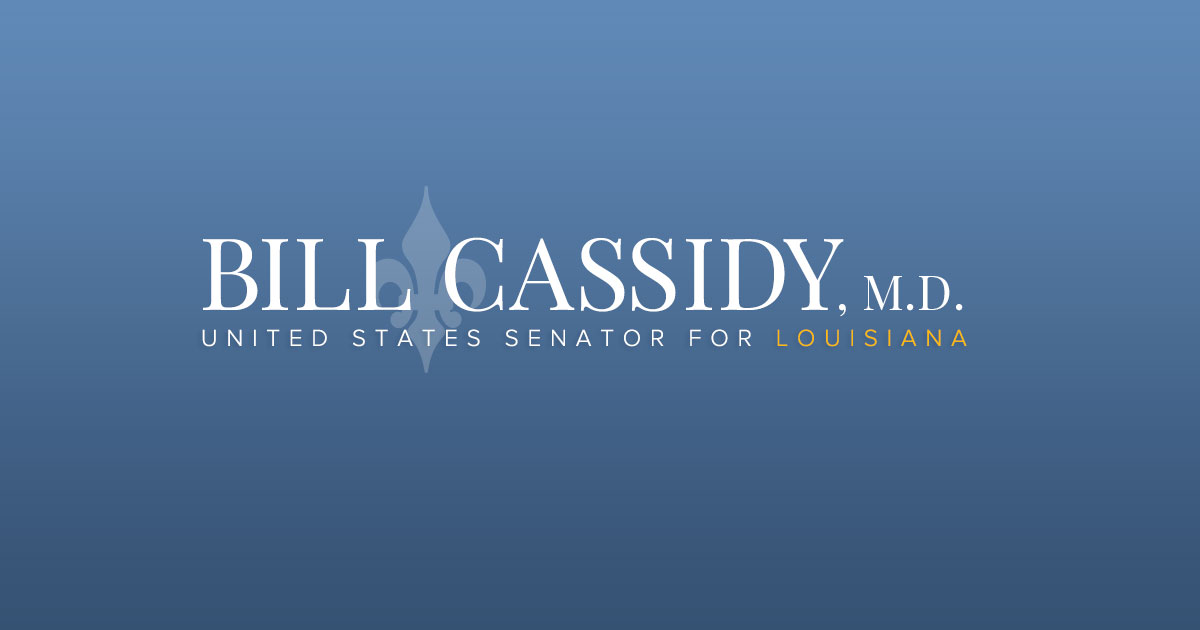Source: United States Senator for Kansas – Jerry Moran
WASHINGTON – U.S. Senator Jerry Moran (R-Kan.) – member of the Senate Committee on Commerce, Science and Transportation – spoke on the Senate floor this week to highlight the importance of access to high-quality broadband for rural communities and small towns across Kansas and the country.
“The benefits of access to high-quality broadband are clear and well known,” said Sen. Moran. “Broadband access is correlated with more jobs, greater economic growth, better health care outcomes and increased educational performance. When millions are without broadband, we limit our potential as a nation.”
Click HERE to Watch Sen. Moran’s Full Remarks
Sen. Moran’s Full Remarks as Prepared for Delivery:
“I rise today to discuss the importance of broadband access in rural America.
“A recent study by the University of Kansas found that up to a million Kansans live in regions that lack access to high-speed broadband services. Often, rural areas have the worst quality broadband. Or, as is too often the case, they have no access to broadband.
“The benefits of access to high-quality broadband are clear and well known. Broadband access is correlated with more jobs, greater economic growth, better health care outcomes, and increased educational performance.
“This means our country will be weaker as we confront the economic and security challenges we are facing, including labor shortages, STEM education shortcomings, and lagging American leadership in key technology areas. When millions are without broadband, we limit our potential as a nation.
“Recognizing the importance of access to high-quality broadband, Congress has allocated significant resources to help bridge the digital divide. But the first step to appropriately allocating resources is knowing where the money needs to go.
“I sponsored the Broadband DATA Act, which was enacted in 2020, to use granular data to create a more accurate and refined broadband map to better target areas in need with new investments.
“Getting these maps right is critical because of the significant resources Congress has allocated to bridging the digital divide since 2020.
“If the FCC’s maps aren’t accurate, a large portion of the funding will be poorly used and areas in need won’t get the resources required to increase access to broadband. Millions of dollars in new resources for Kansas rely on the accuracy of the maps.
“The FCC is also required to allow Americans to challenge inaccuracies within the maps, making certain the maps improve over time.
“After receiving feedback from Kansans, a second version of the map was released at the end of May, and I understand from talking with Kansans that is more accurate than before. Continued oversight of the FCC’s work will be necessary, and I look forward to continuing to work with my Commerce Committee colleagues on these efforts.
“Now that we know where need exists, we need to make certain investments are appropriately targeted to those most in need, and not wasted overbuilding existing networks. We also must make certain program requirements encourage broadband providers to participate, rather than discouraging them with burdensome requirements that do not line up with Congressional intent.
“I also want to make certain that every dollar Congress has allocated to broadband deployment actually goes to broadband deployment, not back to the Treasury. This is why I have introduced legislation to make certain broadband grants are not considered taxable income.
“This is particularly important as critical broadband deployment programs at the Department of Commerce allocate funds at the end of this month. Every dollar take back by Treasury represents a community remaining disconnected, and I encourage my colleagues to work with me to make certain this is not the case.
“As part of my oversight work as the Ranking Member of the CJS Appropriations Subcommittee, I invited Commerce Secretary Gina Raimondo to Kansas to hear directly from Kansans about the challenges they face when deploying broadband across the state.
“She heard from Commissioner Randy Leis about the benefits broadband access have brought to Meade County, including education and business opportunities. She also heard from a host of rural telecoms providers, about what they need from the Commerce Department to be successful in deploying broadband across the state.
“During this visit, Secretary Raimondo also reiterated her commitment to providing every Kansan with access to high-quality broadband service.
“To preserve the small-town Kansas way of life that I – and many Kansans and senators here today – value, I look forward to working with officials to make certain that rural Kansans are connected to quality broadband service.”
# # #
